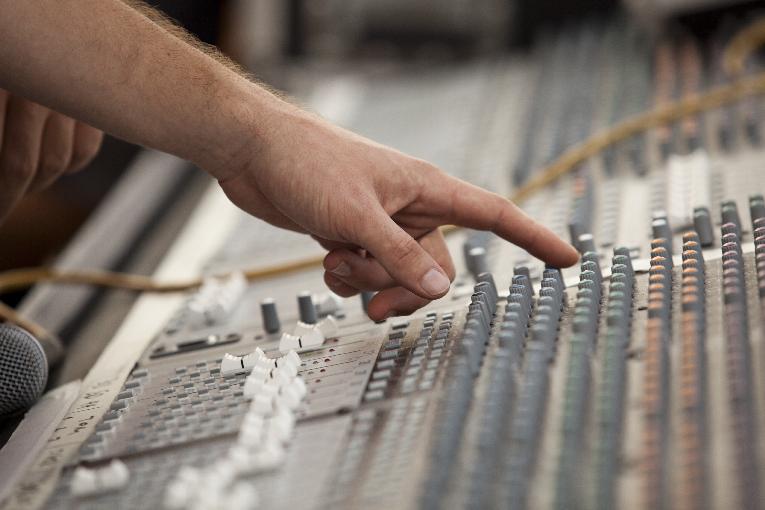*We often hear the word ‘mastering engineer’ and wonder what that is and what exactly does the job entails. Since it’s a radical role in the world of music and indispensable in post-production, one should know what he really does.
A mastering engineer is the final step of post-production in which the audio mix or album is taken and prepared for its distribution.
For Engineers, this is an exhilarating job that includes many audio processes like equalization, compression, stereo enhancement. The end result should be viable for commercial purposes and should be clear, polished, and loud when it plays on any source.
Here is more detailed information on what a mastering engineer is and why it is important:
What Does a Mastering Engineer Do?
He is the one who connects consumers and artists by making the music copies available on public platforms. The person responsible for optimizing the playback on all devices is the Mastering Engineer, whose role is concerned with making copies on several formats such as vinyl, CDs, and even tapes, and providing these tracks on music apps as well, like Spotify, iTunes, SoundCloud… etc. If you find yourself in need of mastering services, then it’s important that you work with someone that is well-known in the industry and reliable. They will make sure that the final sound of your album tracks is consistent. Since the engineer is going to have fresh ears, they will be able to pick up glitches and tweak the tracks as they see fit to appropriate it to the first stage of distribution.
The main processes of a mastering engineer are EQ and limiting, along with final compression to the album and track. This professional will perfect the digital silence on tracks. As mentioned before, the tracks of the final version of the album will be correctly leveled as well as adjusted in terms of spreads. Spreads are pauses between the songs of the album. So, when you hear a song that perfectly blends into the next in a perfect sequence, you will remember that this was the mastering’s engineering artistic touch.
Why Is It Important for the Music Industry?
One sometimes wonders why the recorded music from the studio, with all necessary instruments and vocals employed, can’t be used as the final record. The truth is you can, but the sound quality will be extremely poor. Utilizing the studio version will deduct from its original features and may not have the same desired effect. An example of this is the music of live concerts. Everyone knows that they do not sound the same as the original song, despite being post-produced, it still does not sound like the original song.
Mastering engineers use excellent instruments (if they use poor-quality equipment, you will get poor-sounding results) in an environment that is perfectly tuned. The tuned room should correspond with the monitors inside the space. This allows their ears to absorb every aspect of the track in order to integrate them into different sources and ensures that the sound throughout the different sources is leveled and identical. Mastering engineers spend a lot of money on such equipment. Thus, empowering competition between mastering engineers, which might be just the thing that the music industry needs. With the right pick, you will be satisfied with how well-improved your tracks are.
Without mastering music, a lot of our beloved songs will lose their desired effect on us and this can be clearly observed as we listen to the same songs and music in a live concert. This just proves how important it is to filter music through post-production. As the music industry evolves, mastering engineering techniques will evolve with it.
We Publish News 24/7. Don’t Miss A Story. Click HERE to SUBSCRIBE to Our Newsletter Now!







